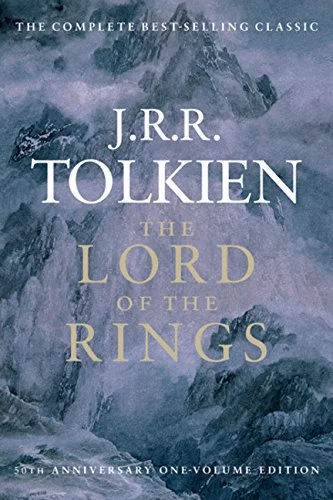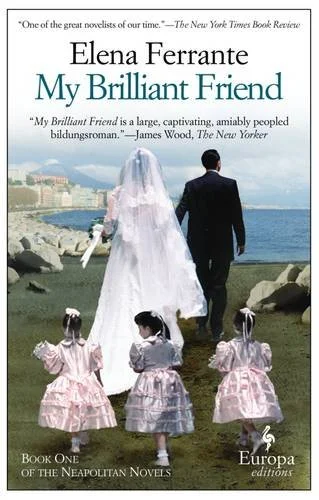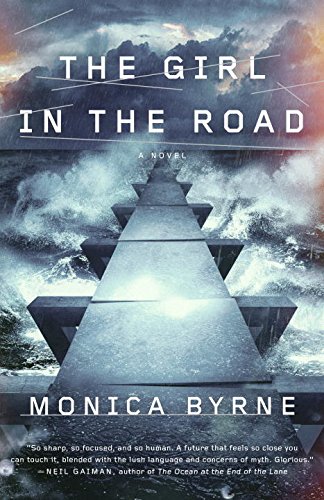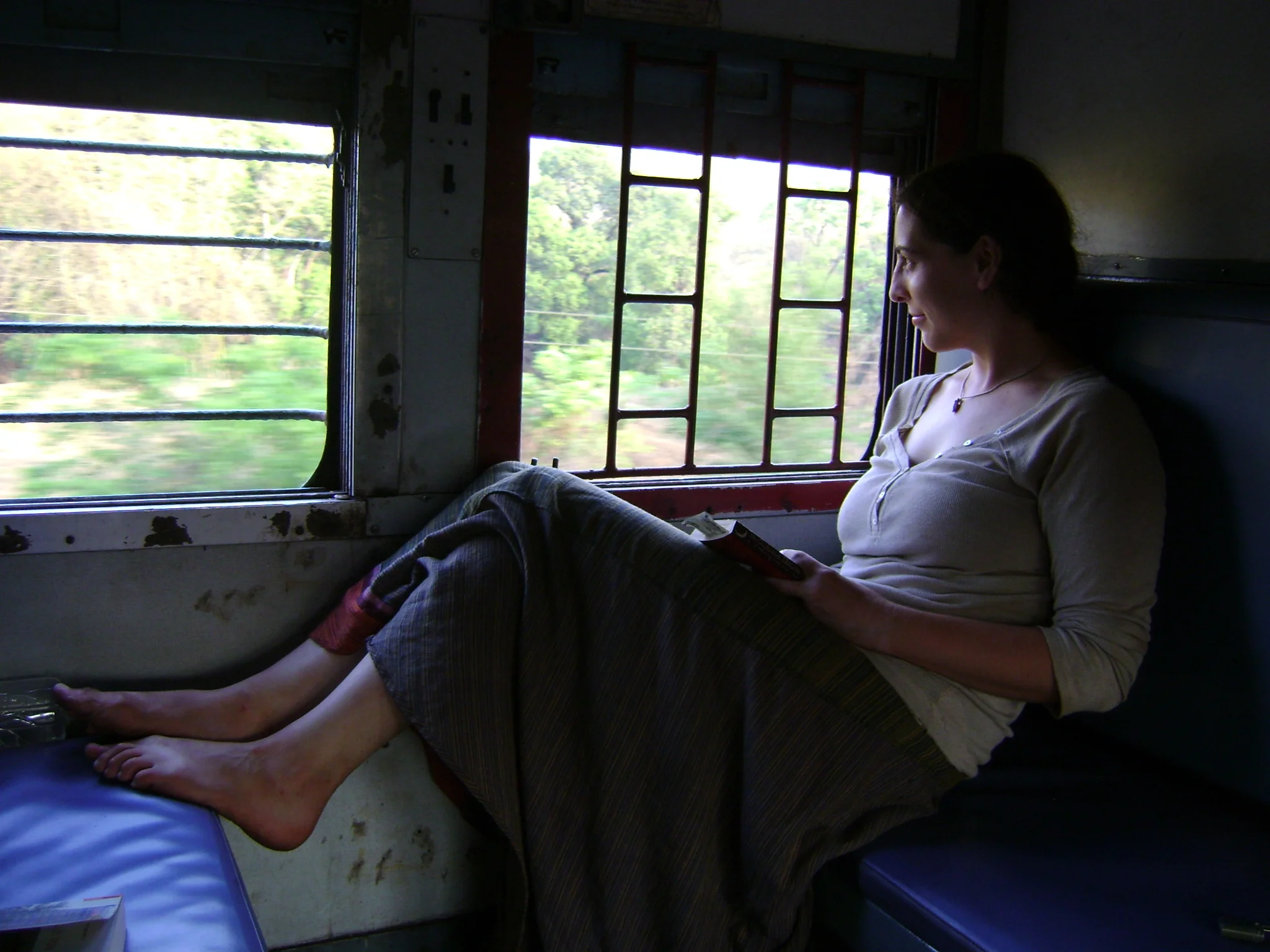Books Monica Byrne Loves
Monica loves to read, and told us that growing up,
"I had been reading a book a day or going to the library all the time. I read so much. I would go to the library and I would check out fantasy series. I got hooked on a lot of science fiction and fantasy series, especially, and developed very elaborate rituals around reading where I would only listen to certain kinds of music and only burn certain scented candles while I was reading. I was maybe a little bit of a control freak there, but it was very important to me to ritualize reading. It was my great pleasure activity."
She chose two classic series, The Chronicles of Narnia and The Lord of the Rings. Of these series, she says,"I was raised Catholic, but these two series were my actual Scripture. They still are. "
Monica believes that reading is a critical part of being a writer:
"You can't go wrong if you read every day and write every day. I've read enough books, and I trust my own opinions on those books. Read something that does give you pleasure. Speaking to my teenage self, if you have to read this book, and you think it's bad, say so. Say: I think this is terrible, and then write what you would want read instead."
Recently, Monica has read and enjoyed The Winged Histories and My Brilliant Friend, the first of the Neopolitan novels trilogy. She says, "Both are extraordinary."
Monica's debut novel, The Girl in the Road, was published in 2014 and won the James Tiptree, Jr. Literary Award, a prize for speculative fiction. How did she formulate the idea?
"The Girl in the Road started with the image of a bridge that spanned an entire ocean. That's what it began with. It was nothing about feminism, queerness, redefining the hero, anything like that. It started with the image of a bridge across the ocean. Then it became a journey through all of those ideas."
Monica Byrne wanted to be the first person to set foot on another planet. Then, she realized that she'd rather stay here on Earth, imagining a different world as a science fiction writer. She tells us why she believes that science fiction is an activist platform, and how her low tolerance for unhappiness makes her more inventive in making a living as a writer.
Check out our interview with Monica and find out more about her work!







